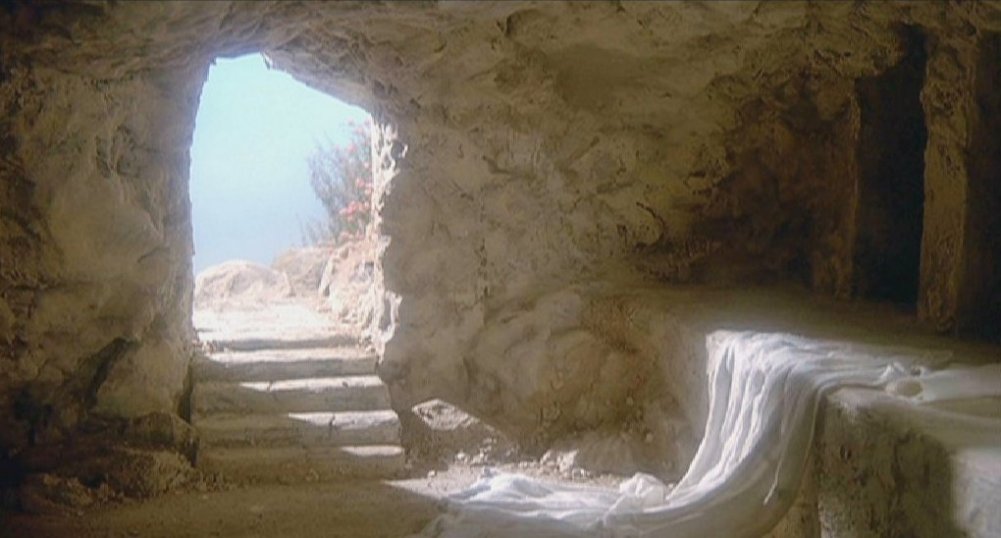
I needed to renew my health insurance last month. I was offered up to 15% discount on my premiums if I completed an online interactive questionnaire about my health, my lifestyle, diet, and fitness regime. I wish I hadn’t. There were about 100 multi-choice questions. Things like, do you exercise regularly? One hour a day, two hours a day? Two hours a day? How far do you jog a day? Jog? One mile? Two miles? Are you serious? How much do you drink and how often? I thought that was a trick question because red wine is supposed to be good for you. A bottle a day is not as good as abstinence apparently. Do you smoke? Is there a history of cardiovascular problems, mental illness, diabetes, etc. in your family? Well we are all damaged good’s aren’t we? How much do you weigh? Truthfully or aspirationally? Before or after the full English breakfast? Do you eat saturated fats? Saturated fats apparently are things like spinach, carrots and Brussels sprouts, don’t go near them, they’ll kill you. What is your waist measurement? Well that depends doesn’t it? When I breath in or out? Then you factor in your height (without shoes), your marital status and age and then the programme will calculate your likely chances of needing medical treatment in the next ten years. A virtual doctor even gives you advice on improving your health and how to reduce your premiums still further. Staying healthy can become a full time occupation if you are not careful. It was depressing.
I managed to squeeze 5% off my premiums with a few nods, winks and promises. After I finished the survey, I ate salads for a whole week with no French fries. I went to the gym twice and got to bed earlier. It nearly killed me. Fortunately it did not last. Life insurance companies, and even retirement homes, use something similar called the countdown calculator to work out how long clients are likely to live and therefore their liability. Premiums are adjusted accordingly. Whatever my insurance premiums next year, I know for a fact that, unless Jesus comes first, I will die one day. I don’t know if you realise but we all have a sexually transmitted disease. It is called life and the fatality rate is 100%. But because of what we read in Mark 16, the ultimate terror of death is removed. Our theme in this series entitled Christianity Explored is “The Resurrection : Why did Jesus Rise?” Let’s find some answers from Mark 16. Continue reading

 I spent Friday in London with a small group of historians and educationalists. We met to consider the global implications of a letter sent by the British Foreign Secretary. Let me read it to you.
I spent Friday in London with a small group of historians and educationalists. We met to consider the global implications of a letter sent by the British Foreign Secretary. Let me read it to you.
